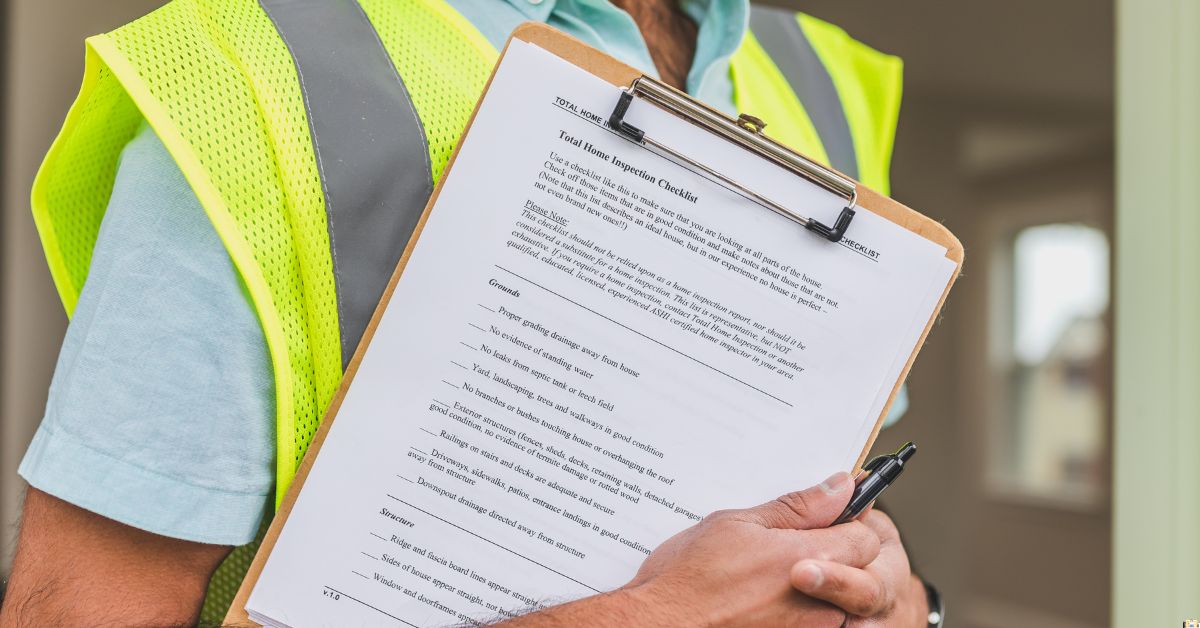In an era where environmental consciousness is paramount, the real estate industry is undergoing a paradigm shift towards sustainable and eco-friendly practices. As concerns about climate change and resource depletion escalate, homeowners and developers alike are seeking ways to integrate green solutions into the very fabric of our living spaces.
The Rise of Eco-Friendly Real Estate
Traditional real estate practices often overlook the environmental impact of construction and maintenance. However, the growing awareness of climate change has given rise to a demand for sustainable living options. Eco-friendly real estate focuses on reducing the carbon footprint, minimizing waste, and creating spaces that harmonize with nature.

Green Building Materials
One of the fundamental aspects of eco-friendly real estate is the use of green building materials. Traditional construction materials, such as concrete and steel, contribute significantly to carbon emissions. In contrast, sustainable alternatives like bamboo, recycled metal, and reclaimed wood offer environmentally friendly options that reduce the overall environmental impact of construction.
Energy-Efficient Design
Energy-efficient design is a cornerstone of eco-friendly real estate. Incorporating features such as solar panels, energy-efficient appliances, and proper insulation helps reduce the overall energy consumption of a property. Homeowners can benefit from lower utility bills while simultaneously contributing to a greener planet.
Water Conservation
Water scarcity is a growing concern globally, making water conservation a crucial aspect of sustainable living. Eco-friendly real estate practices include the implementation of water-saving technologies, such as low-flow faucets, rainwater harvesting systems, and drought-resistant landscaping. These measures not only contribute to environmental conservation but also lead to substantial savings in water usage.
Sustainable Landscaping
The exterior of a property plays a significant role in its overall sustainability. Sustainable landscaping involves the use of native plants, which require less water and maintenance, and the reduction of non-permeable surfaces to promote natural water absorption. Additionally, creating green spaces within a development enhances the overall well-being of its residents.
Certifications for Eco-Friendly Buildings
Several certifications exist to validate the eco-friendly credentials of a building. LEED (Leadership in Energy and Environmental Design) is one of the most recognized certifications globally. Obtaining such certifications demonstrates a commitment to sustainable practices and provides assurance to homeowners that their property meets stringent environmental standards.
Financial Incentives for Sustainable Living
Governments and financial institutions are increasingly recognizing the importance of sustainable living. Homebuyers and developers may be eligible for various financial incentives, including tax credits and reduced interest rates, when incorporating eco-friendly practices into their real estate projects. These incentives not only promote sustainable living but also make it financially appealing.

Community Engagement and Education
Building sustainable communities goes beyond individual property. Eco-friendly real estate developers often engage with the community, promoting awareness and education about sustainable living practices. This includes organizing workshops, providing informational materials, and fostering a sense of environmental responsibility among residents.
The Future of Eco-Friendly Real Estate
As the demand for sustainable living options continues to rise, the future of eco-friendly real estate looks promising. Advancements in technology, coupled with a growing understanding of environmental issues, will likely drive innovation in construction and design, further reducing the ecological impact of the real estate industry.
In conclusion, embracing eco-friendly real estate practices is not only a responsible choice for individuals but also a crucial step towards mitigating the environmental challenges our planet faces. From green building materials to energy-efficient design and sustainable landscaping, every aspect of real estate development can contribute to a more sustainable and eco-conscious future.


